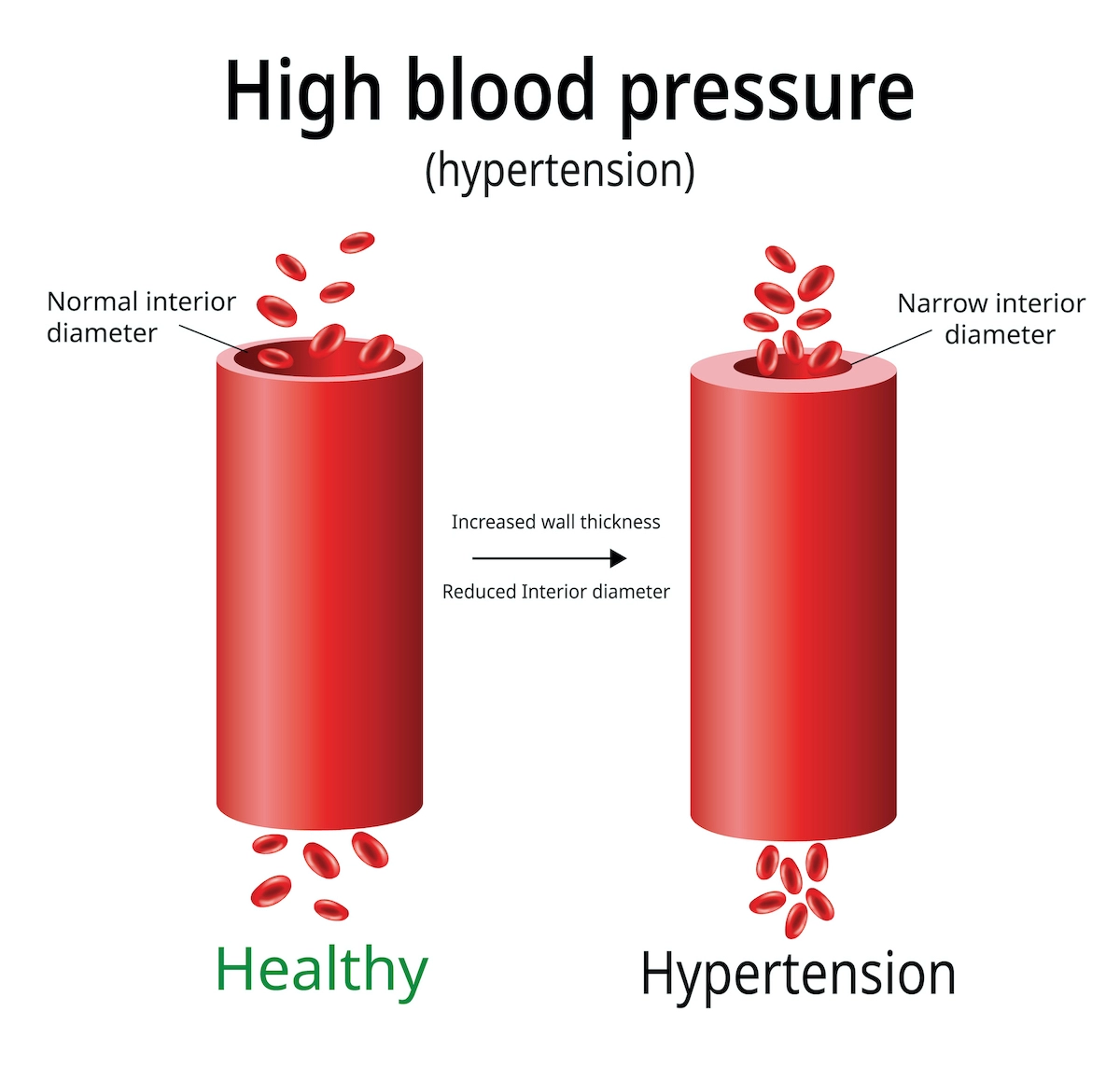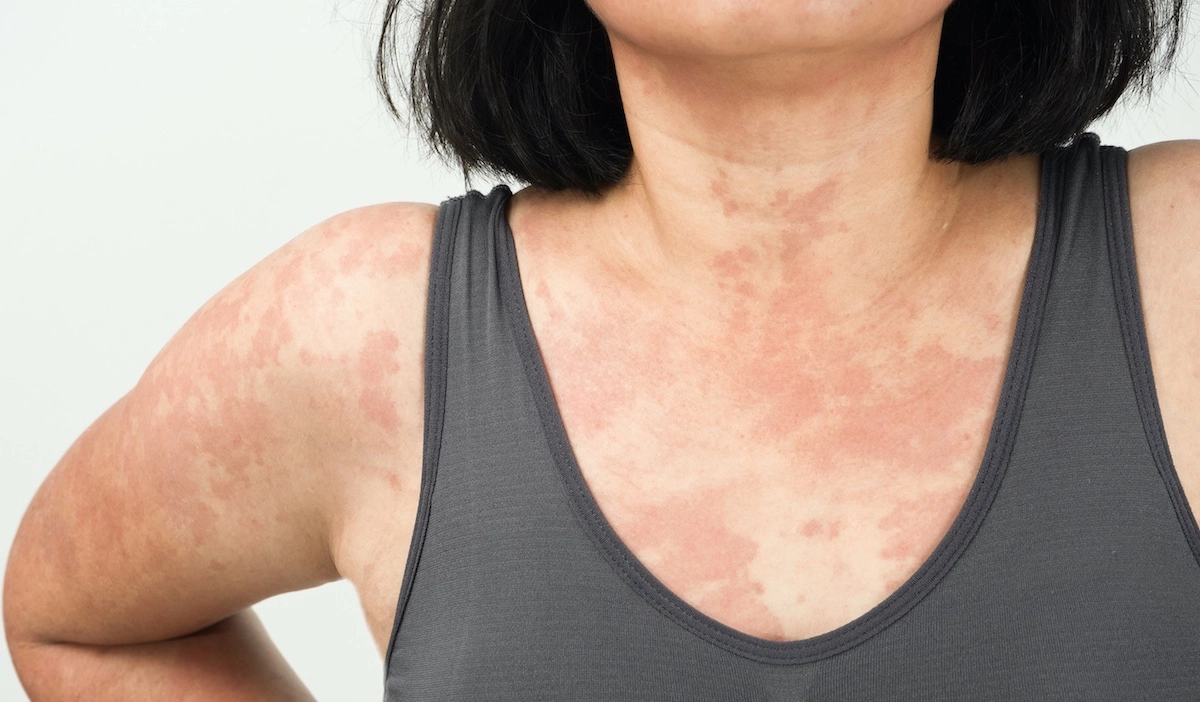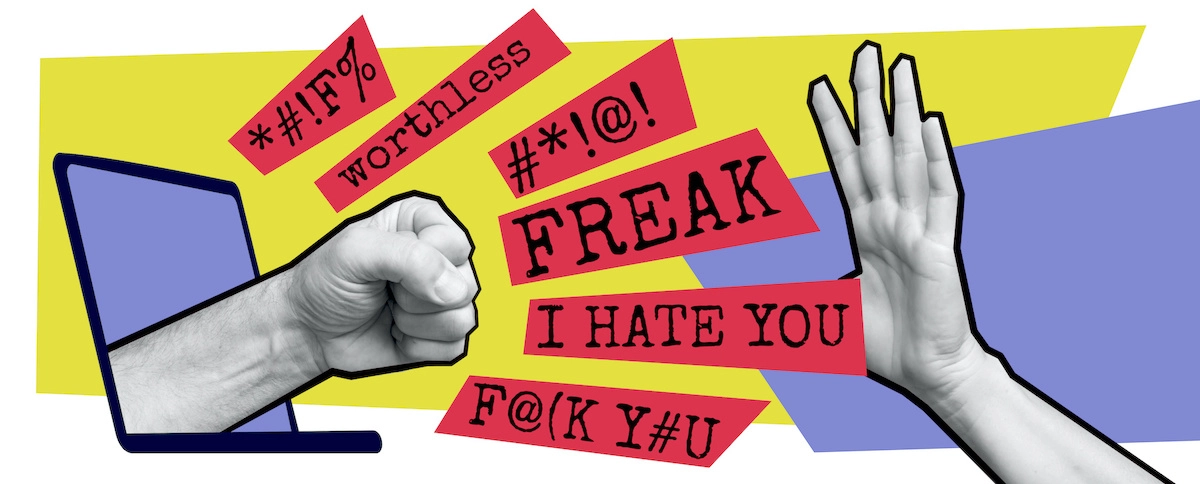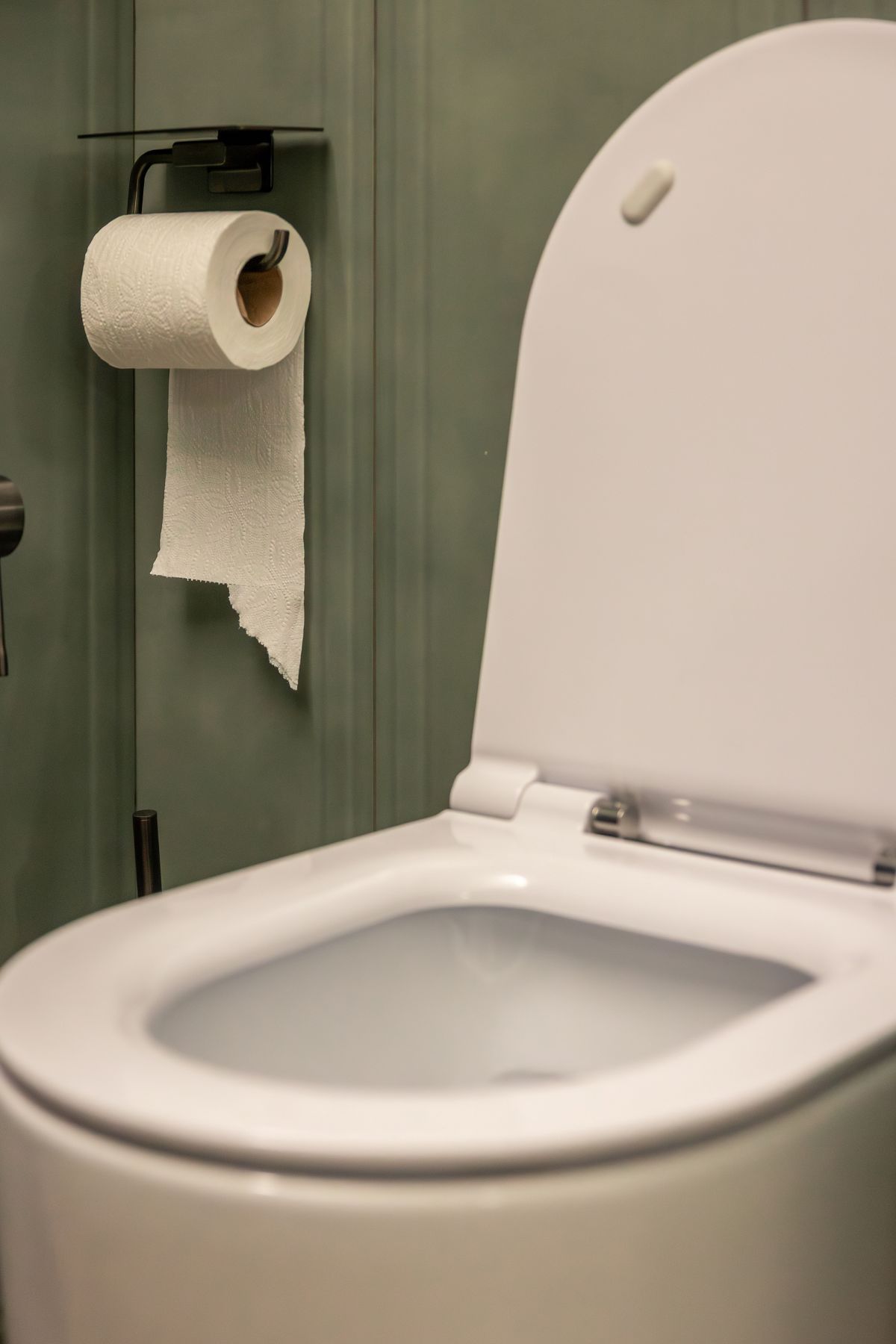Awareness of blood pressure has dropped among adults in the United States.
Nearly half of all adults live with high blood pressure. Also referred to as hypertension, it’s defined as blood pressure reading of 130/80 or higher. High blood pressure increases your risk of having a heart attack or stroke.
Many people are unaware they have the condition because symptoms usually appear only after the damage to your heart and blood vessels is done. By identifying high blood pressure early, you can work with your doctor to control it.
Control your blood pressure by doing the following:
- Meet with your primary care physician regularly. Keep routine appointments.
- Maintain a healthy weight.
- Be physically active. Get moving for at least 30 minutes most days of the week.
- Eat a healthy diet. Choose an eating plan rich in vegetables, fruits, whole grains, and low-fat dairy and low in saturated fat and added sugars.
- Cut down on salt. Many Americans eat more sodium (found in salt) than they need. Most of the salt comes from processed foods.
- Drink alcohol in moderation, if at all. Men should have no more than 2 drinks a day; women no more than 1 drink a day.
- Don’t smoke. Smoking raises your risk for heart disease, stroke, and other health problems.
- Get a good night’s sleep. Tell your doctor if you snore or sound like you stop breathing briefly when you sleep—a possible sign of sleep apnea. Treating sleep apnea and getting a good night’s sleep can help reduce blood pressure.
- Take prescribed drugs as directed.
“The reversal in hypertension awareness is a real setback in the fight to reduce heart disease and stroke,” says study author Dr. Paul Muntner from the University of Alabama at Birmingham.
Source: https://newsinhealth.nih.gov/2020/11/your-blood-pressure-too-high











